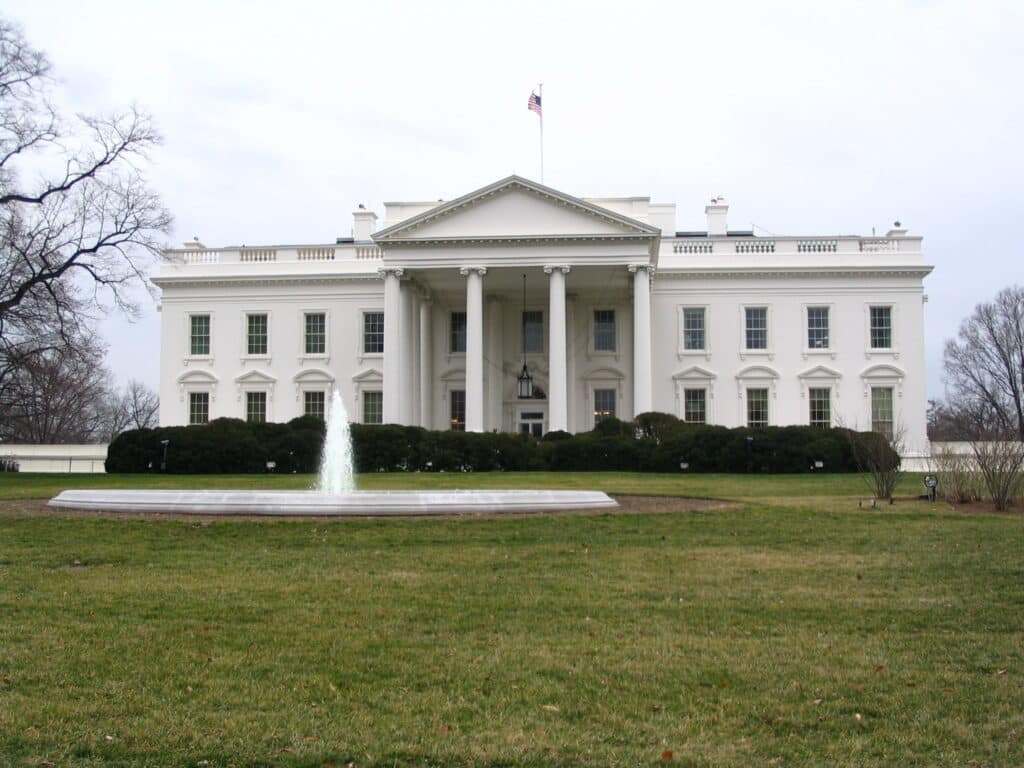‘Unleashing American Energy’ Executive Order Unjustly Attacks EV Industry
President Trump’s stance on electric vehicles (EVs) has been one of opposition throughout his campaign, and it appears that his recent executive orders signal a continuation of that trend. On his first day in office, Trump issued orders that aimed at rolling back several environmental regulations, including those related to EVs. His approach has been to reduce the role of government in promoting clean energy solutions like EVs, focusing instead on supporting the fossil fuel industry and reducing what he sees as overregulation.
As part of the “Unleashing American Energy” executive order, one of many orders signed on Trump’s first day, the President has officially eliminated a “mandate” that never really existed and signaled further moves against electric vehicles:
(e) to eliminate the “electric vehicle (EV) mandate” and promote true consumer choice, which is essential for economic growth and innovation, by removing regulatory barriers to motor vehicle access; by ensuring a level regulatory playing field for consumer choice in vehicles; by terminating, where appropriate, state emissions waivers that function to limit sales of gasoline-powered automobiles; and by considering the elimination of unfair subsidies and other ill-conceived government-imposed market distortions that favor EVs over other technologies and effectively mandate their purchase by individuals, private businesses, and government entities alike by rendering other types of vehicles unaffordable;
Although there has never been a true “EV mandate” in the U.S., there has been a target to achieve 50% EV sales by 2030. This goal was set by the Biden administration as part of its broader climate agenda, but it has never been a binding mandate.
President Trump’s latest executive order, however, includes provisions aimed at undermining initiatives that support EV adoption. A key focus of the order appears to be an attempt to dismantle the California Air Resources Board (CARB) program, which sets stricter emissions standards for vehicles. Trump tried and failed to eliminate CARB’s authority in his first term, but it appears he is signaling a renewed push to roll back these regulations, which could have significant consequences for states that have adopted stricter environmental standards.
The executive order also raises the prospect of eliminating federal EV subsidies, something Trump campaigned on during his time in office. However, this would require Congressional approval, meaning it is not an immediate or guaranteed outcome. While the prospect of eliminating subsidies might be on hold for now, it remains a possibility depending on the political landscape.

Additionally, the order instructs federal agencies to cease funding the development of electric vehicle charging stations. This provision is significant because a robust charging infrastructure is essential for the widespread adoption of EVs. Halting funding for charging stations could slow down the progress of establishing the necessary network to support EV growth, particularly in underserved and rural areas where charging stations are already limited:
(a) All agencies shall immediately pause the disbursement of funds appropriated through the Inflation Reduction Act of 2022 (Public Law 117-169) or the Infrastructure Investment and Jobs Act (Public Law 117-58), including but not limited to funds for electric vehicle charging stations made available through the National Electric Vehicle Infrastructure Formula Program and the Charging and Fueling Infrastructure Discretionary Grant Program, and shall review their processes, policies, and programs for issuing grants, loans, contracts, or any other financial disbursements of such appropriated funds for consistency with the law and the policy outlined in section 2 of this order.
Lastly, Trump also instructed all agencies to identify regulations that would slow “development, or use of domestic energy resources”, but the President added “with particular attention to oil, natural gas, coal, hydropower, biofuels, critical mineral, and nuclear energy resources” strategically leaving out solar power.
Judging from Trump’s disastrous first term, which achieved few goals and succeeded in vastly adding to the national debt, the EV industry shouldn’t be worried. EVs will continue to grow fast in the US and around the world.

Electric Vehicle Marketing Consultant, Writer and Editor. Publisher EVinfo.net.
Services